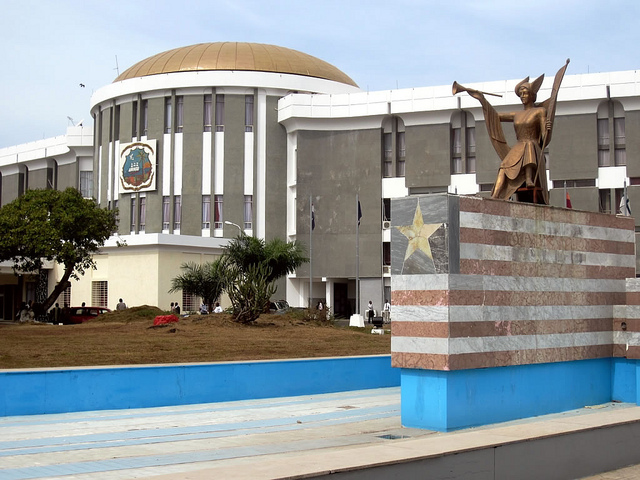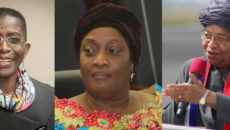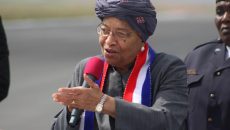MONROVIA, Montserrado – At long last, the House of Representatives has passed the draft national budget. The budget was passed at over US$623 million. It would affect the government’s operations for 2016/2017 fiscal year.
The representatives took the decision on Tuesday, September 20 during a regular plenary session. The budget has now been forwarded to the Senate.
Boima Kamara, minister of finance and development planning, had submitted the draft budget to the National Legislature in May on instruction from President Ellen Johnson Sirleaf and consistent with the Public Financial Management Law.
While the initial budget proposed was US$556 million, the representatives increased it by US$67 million. That amount is dispersed throughout various ministries and agencies.
The passage of the budget had been delayed for months until the end of the fifth sitting of the National Legislature due to infighting at the House of Representatives.
Representatives were divided over calls for Speaker Alex Tyler to recuse himself as presiding officer while facing trial on an indictment for receiving a bribe to change the Public Procurement and Concession Commission Law to favor Sable Mining for mineral extraction rights over the Wologisi Mountain in Lofa.
Late August, the president issued a certificate extending the session of the legislature by one month. The action followed a joint resolution from both houses of the legislature requesting one month’s extension.
In the current form of the budget, the representatives allocated US$162.4 million to public administration, US$91 million for security and the rule of law, US$83.5 million to education, US$77 million to health, and US$43 million to transparency and accountability.
They also allotted US$34 million for infrastructure and basic services, US$20 million to municipal governments, US$14 million to energy and environment, US$12 million to agriculture, US$11 million to social development services and US$9 million to industry and commerce.
To ensure there were enough revenues available to support the budget, Sirleaf had earlier submitted a bill to amend the revenue code to increase the excise tax on tobacco, phone calls, and alcoholic and non-alcoholic beverages.
She proposed that the tax on tobacco related products increase from 35 to 80 percent. The Liberian leader also requested the legislature to increase the excise rate on alcoholic beverages from 35 to 45 percent and to adjust the goods and services tax rate from 7 to 10 percent. Sirleaf added a provision to have every local phone call incur a tax of US$0.01.
However, at public budget hearings, all business executives testifying expressed their disapproval of Sirleaf’s tax increases. Only Lonestar Cell MTN supported the increments.
The Liberia Coca-Cola Bottling Company, Monrovia Breweries, the Tobacco Association of West Africa, and Cellcom all argued that the additional taxes would increase unemployment and poverty due to low production and sales.
Lonestar, however, promised to absorb the tax increments without affecting the cost to consumers. Lawmakers ultimately decided against increasing the tax on local calls.
Nonetheless displeased with the outcome, on Monday, September 19, Sirleaf used her constitutional authority to veto the amendment.
She informed the lawmakers that she could not approve the amendment to the revenue code because it would not have the desired fiscal impact, particularly because of the current impact of the global economic recession on the country’s economy.
Featured photo by David Stanley



